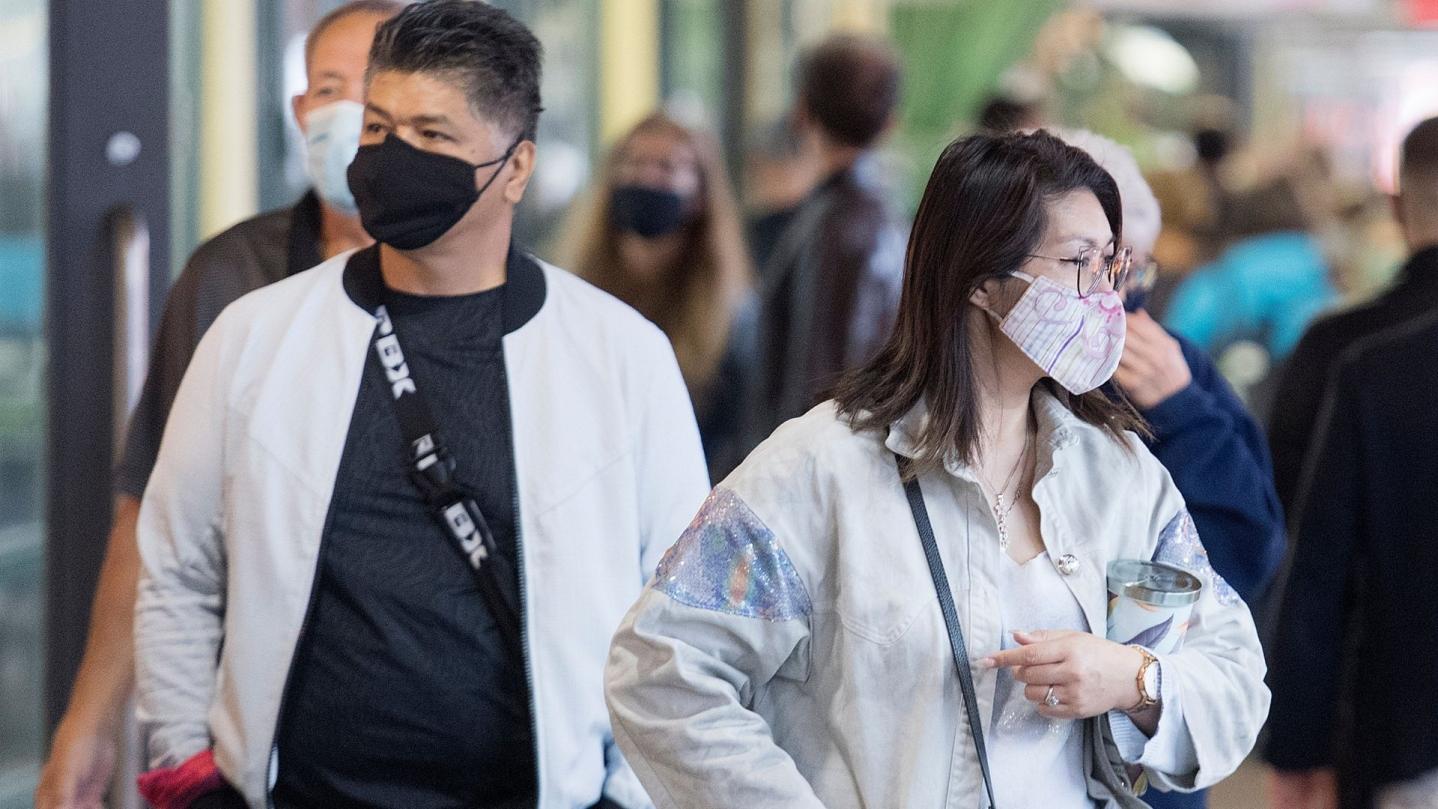Are Face Masks Effective in Preventing the Spread of COVID-19?
The COVID-19 pandemic has had a profound impact on global health, leading to widespread illness, economic disruption, and loss of life. Understanding the effectiveness of face masks in preventing the spread of the virus is crucial for mitigating its impact and protecting public health.

Types Of Face Masks And Their Effectiveness
There are various types of face masks available, each with different levels of effectiveness in filtering out viral particles and preventing transmission.
Surgical Masks
- Disposable masks commonly used in healthcare settings.
- Effective in filtering out large respiratory droplets, but less effective against smaller aerosols.
N95 Respirators
- Tight-fitting masks that provide a higher level of protection.
- Can filter out both large droplets and small aerosols.
- Primarily used by healthcare workers and individuals at high risk.
Cloth Masks
- Reusable masks made from various fabrics.
- Effectiveness varies depending on the material and construction.
- Can provide some protection against respiratory droplets, but less effective than surgical masks or N95 respirators.
Mechanisms Of Transmission And Face Mask Efficacy
COVID-19 is primarily transmitted through respiratory droplets and aerosols expelled when an infected person coughs, sneezes, talks, or breathes.
Face masks can reduce the emission and inhalation of these respiratory droplets and aerosols, thus reducing the risk of transmission.
- Masks act as a physical barrier, trapping respiratory droplets and aerosols before they are released into the air.
- They also help prevent the wearer from inhaling respiratory droplets and aerosols containing the virus.
- By reducing the emission and inhalation of respiratory droplets and aerosols, face masks can significantly reduce the risk of transmission.
Evidence From Real-World Settings

Numerous studies and reports from real-world settings have demonstrated the effectiveness of face masks in reducing COVID-19 transmission.
- A study conducted in healthcare facilities found that healthcare workers who wore face masks had a significantly lower risk of contracting COVID-19 compared to those who did not.
- Another study conducted in public spaces showed that mask mandates were associated with a significant reduction in the incidence of COVID-19 cases.
- Data from countries that implemented widespread mask-wearing policies, such as Taiwan and South Korea, also suggest that face masks can effectively reduce community transmission.
Addressing Common Misconceptions And Concerns
There are several common misconceptions and concerns regarding face masks that need to be addressed.
- Discomfort and Difficulty Breathing: While some individuals may experience discomfort or difficulty breathing when wearing a face mask, these issues can be minimized by choosing a well-fitting mask and taking breaks when necessary.
- Increased Transmission Due to Improper Use: Improper use of face masks, such as wearing them below the nose or not covering the mouth and nose completely, can indeed increase the risk of transmission. However, proper mask-wearing practices can effectively mitigate this risk.
The evidence overwhelmingly supports the effectiveness of face masks in preventing the spread of COVID-19. Face masks act as a physical barrier, reducing the emission and inhalation of respiratory droplets and aerosols containing the virus. Studies from real-world settings have consistently shown that mask mandates and widespread mask-wearing are associated with a significant reduction in COVID-19 transmission.
While there may be some discomfort or concerns associated with mask-wearing, the benefits of face masks in protecting public health far outweigh any potential drawbacks. As the COVID-19 pandemic continues, it is crucial for individuals to adopt responsible mask-wearing behavior and promote mask-wearing as a collective effort to protect public health.
YesNo

Leave a Reply